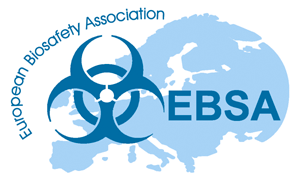About Pre conference course D. The gift of failure – learning from accidents, incidents and near-misses
Pre conference course D. The gift of failure – learning from accidents, incidents and near-misses
Instructors
Jane Shallcross and Jonathan Gawn
Course description
Sadly, accidents will always happen. They can be prevented, but only if we take care to understand how and why they happen. Their impact can be reduced, but only if we take time to prepare. Gaining that understanding and having a plan are key safety processes.
All too often the true reasons for an accident happening in the first place are missed through superficial or insufficient investigation. Without getting to the key underlying causes, accidents are destined to happen again. Furthermore, history tells us that the warning signs that an accident was likely were there, it’s just no-one was paying attention. Hence, it’s not just accidents that need investigation, it’s incidents and ‘near misses’ too.
Furthermore, some accidents are foreseeable, and the impact can be reduced if effective emergency response arrangements and resourcesare put in place.
Incidents and near misses are a gift - they are an opportunity to learn from something that didn’t cause harm to avoid something that will. Investigating them can change safety culture and safety management for the better and help to be prepared for when the worst happens.
Learning outcomes
Through a combination of presentations by the course instructors, open plenary discussions, and group exercises, by the end of the course participants will be able to:
- Define what an accident, incident or near miss is
- Describewhy the monitoring of accidents, incidents or near misses is important
- List ways to Encourage reporting
- Explainstrategies to spot warning signs associated with accidents and incidents
- Describestrategies for investigation
- Understand the differences between evidence, fact, opinion, and findings
- Describe different types of human failure and understand the implications
- Identify immediate causes, root causes, and underlying management failings
- Prepare a concise and effective investigation report
- Assign effective remedial actions based on findings
- Devise and resource an emergency response plan
- Explain the importance of ‘drills’
- Provide a brief a senior manager on an incident or accident
CWA 16335 Biosafety professional competence
B.7 Emergency plans and exercises;
B.10 Accident / incident reporting and investigation;
B.14 Human factors
CWA 16335:2011, annex C reference
- C.2.1.2.13 Emgergency preparedness and response
- C.2.1.2.14 Incident and accident investigaion
